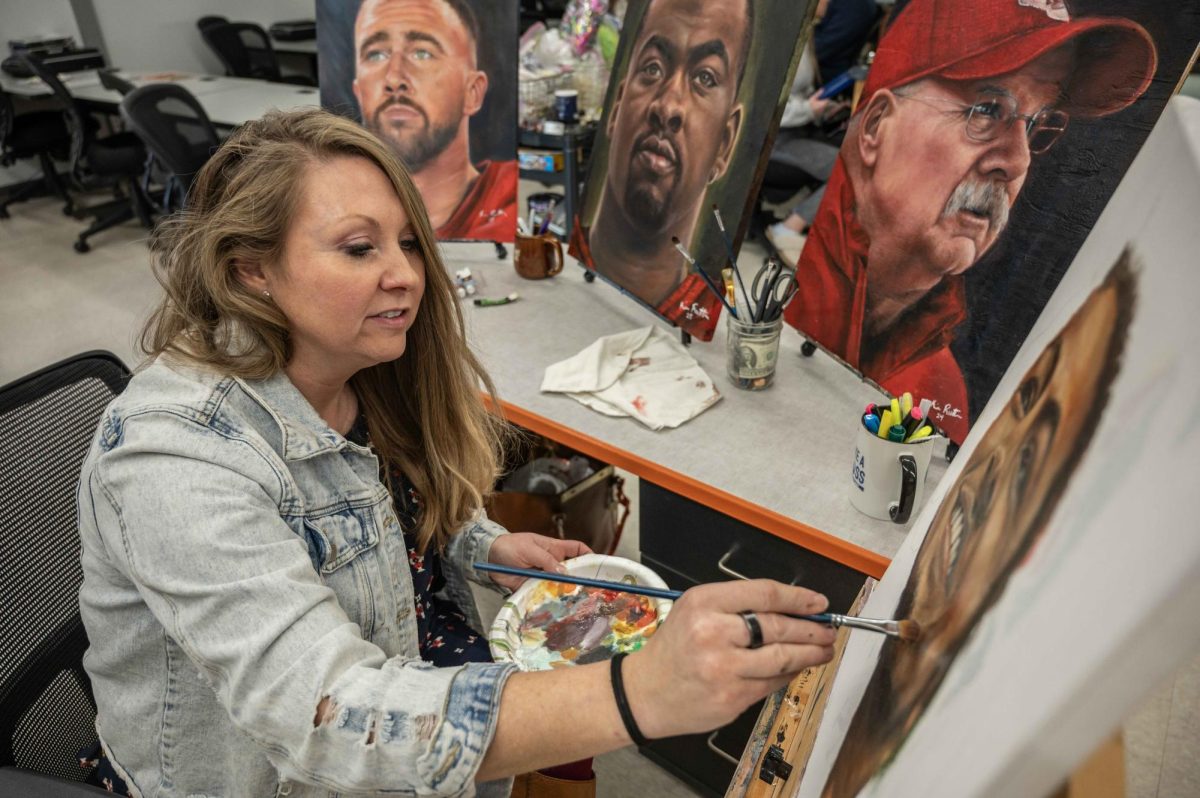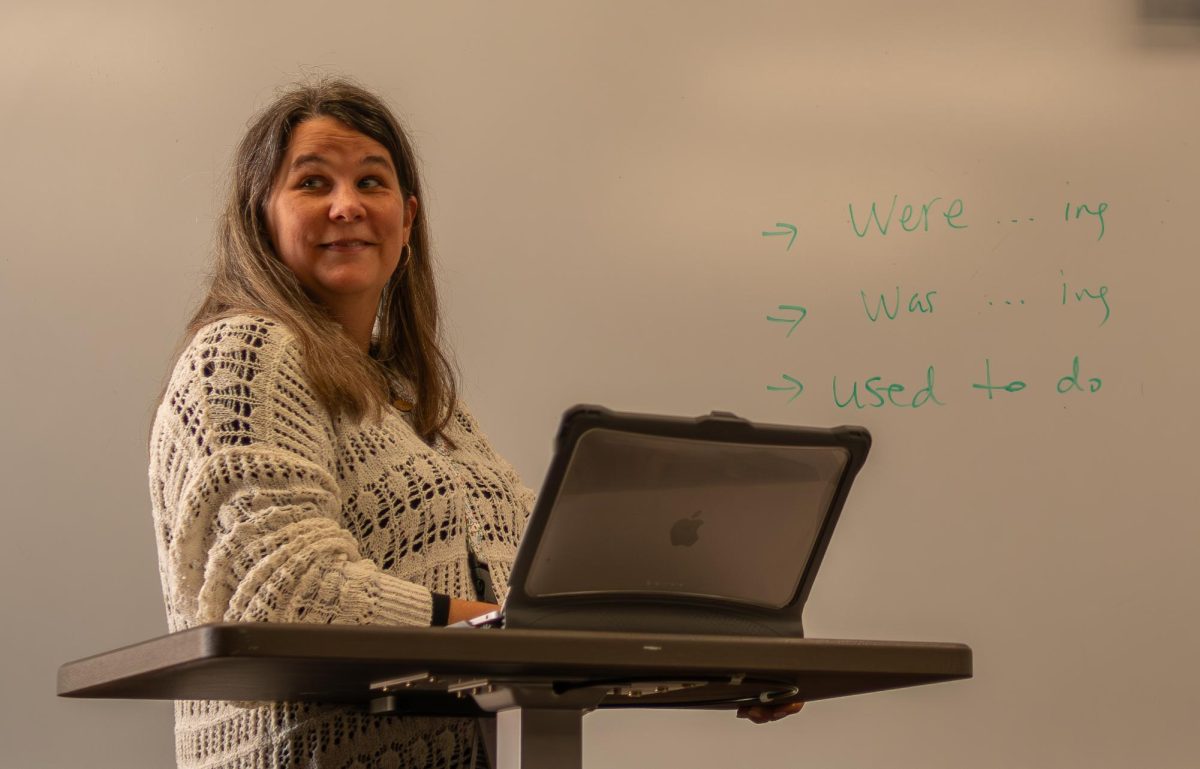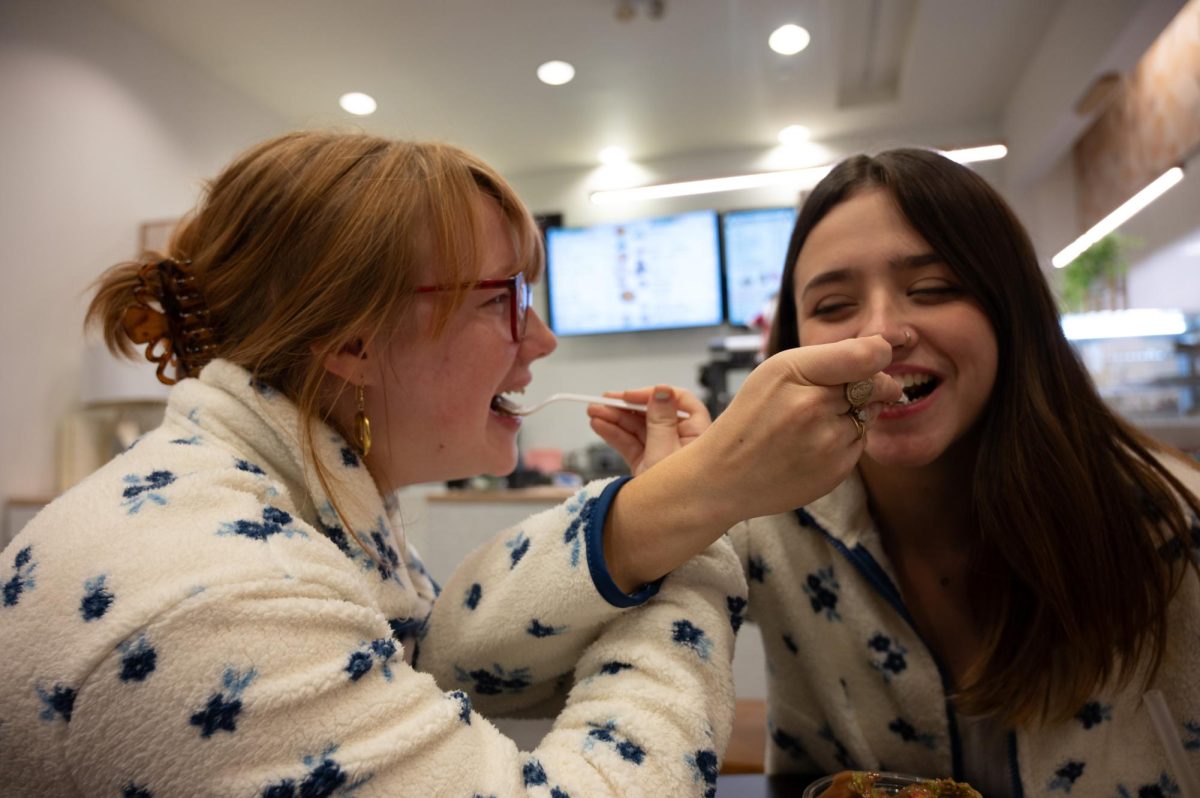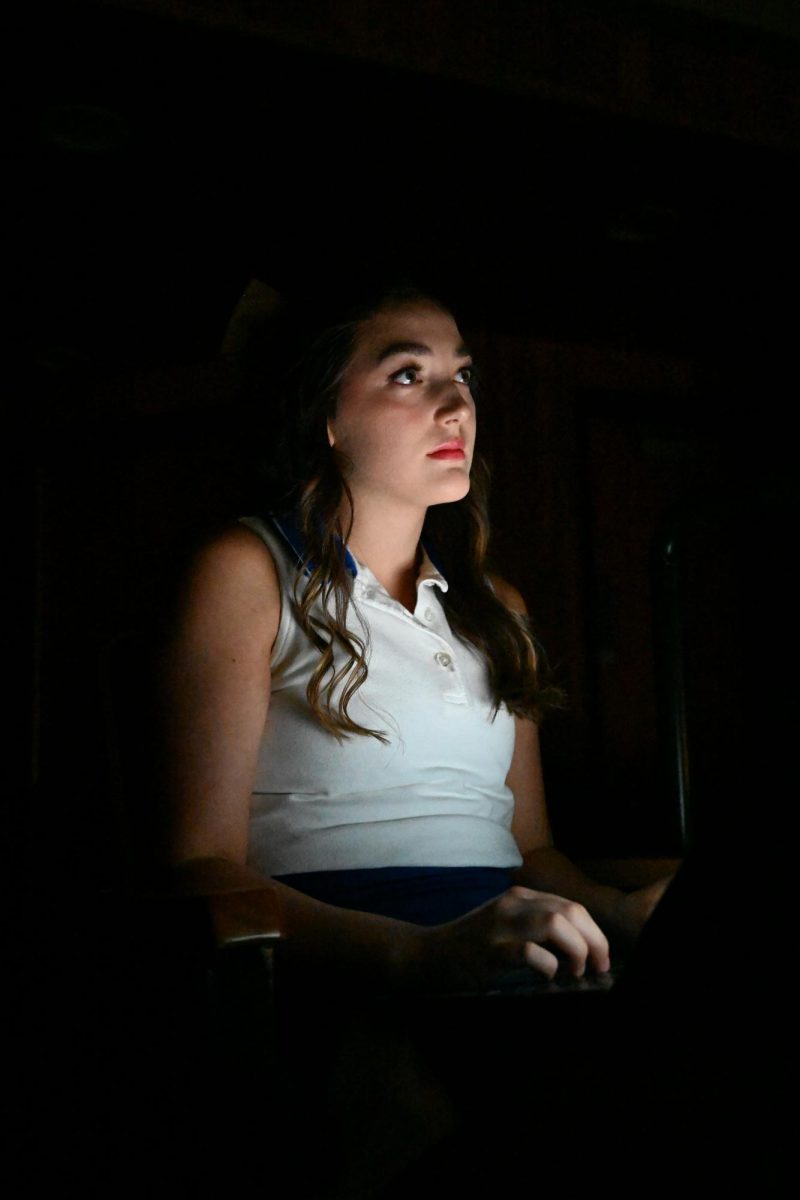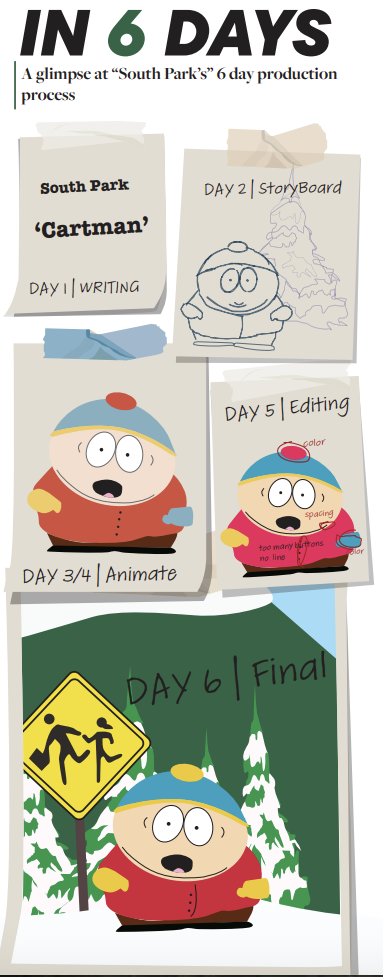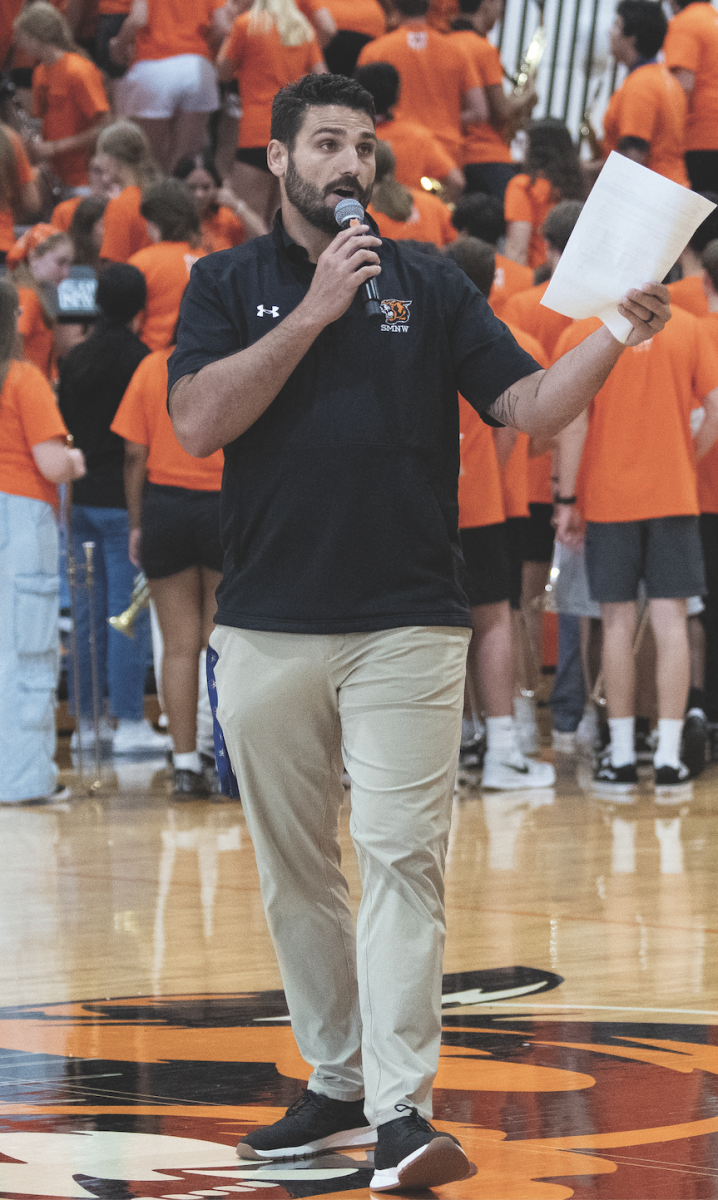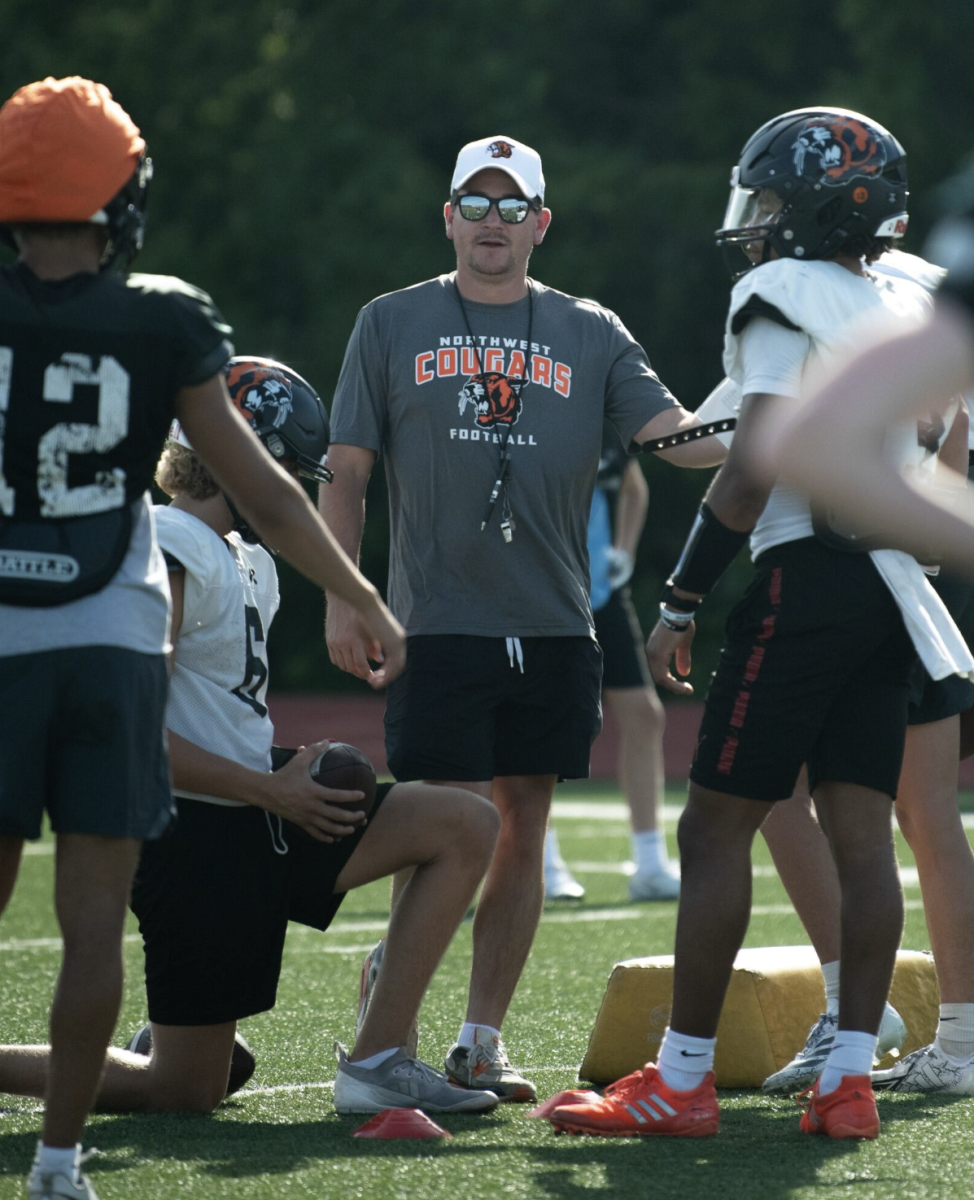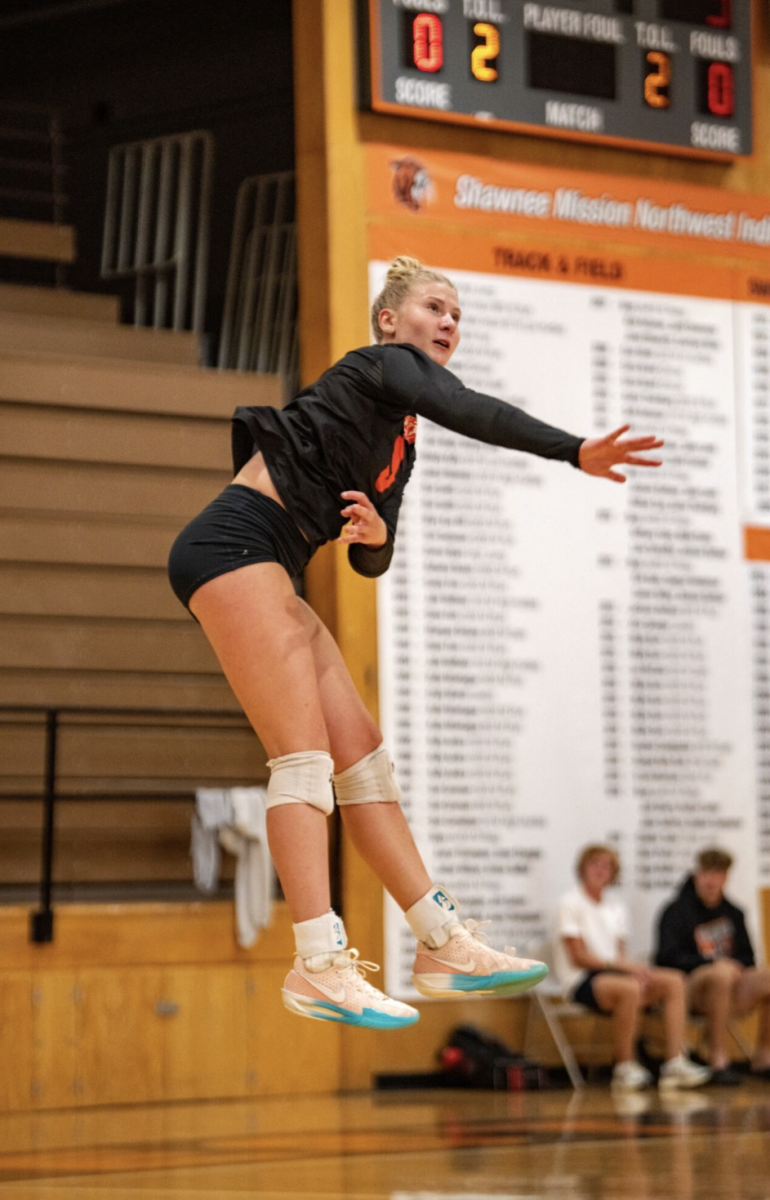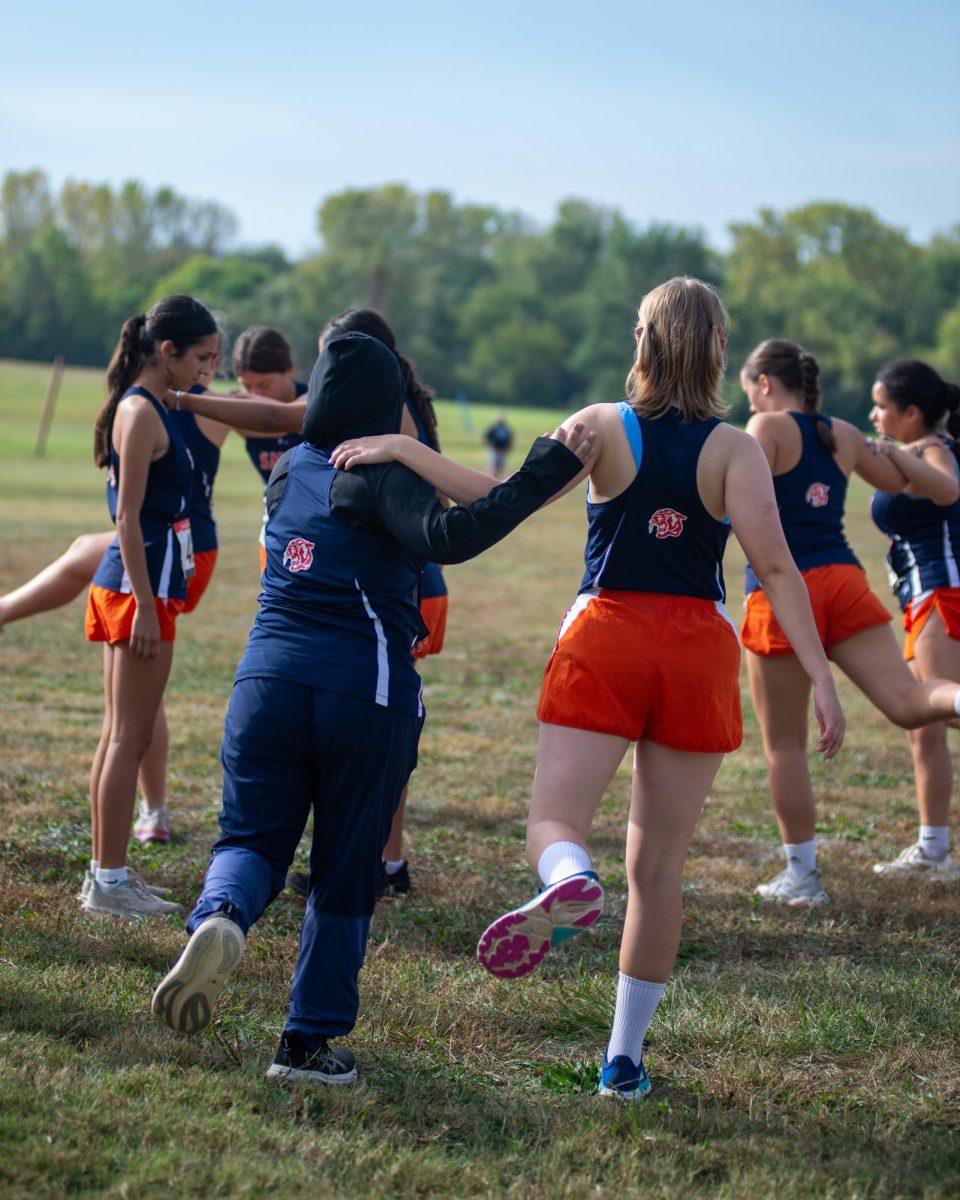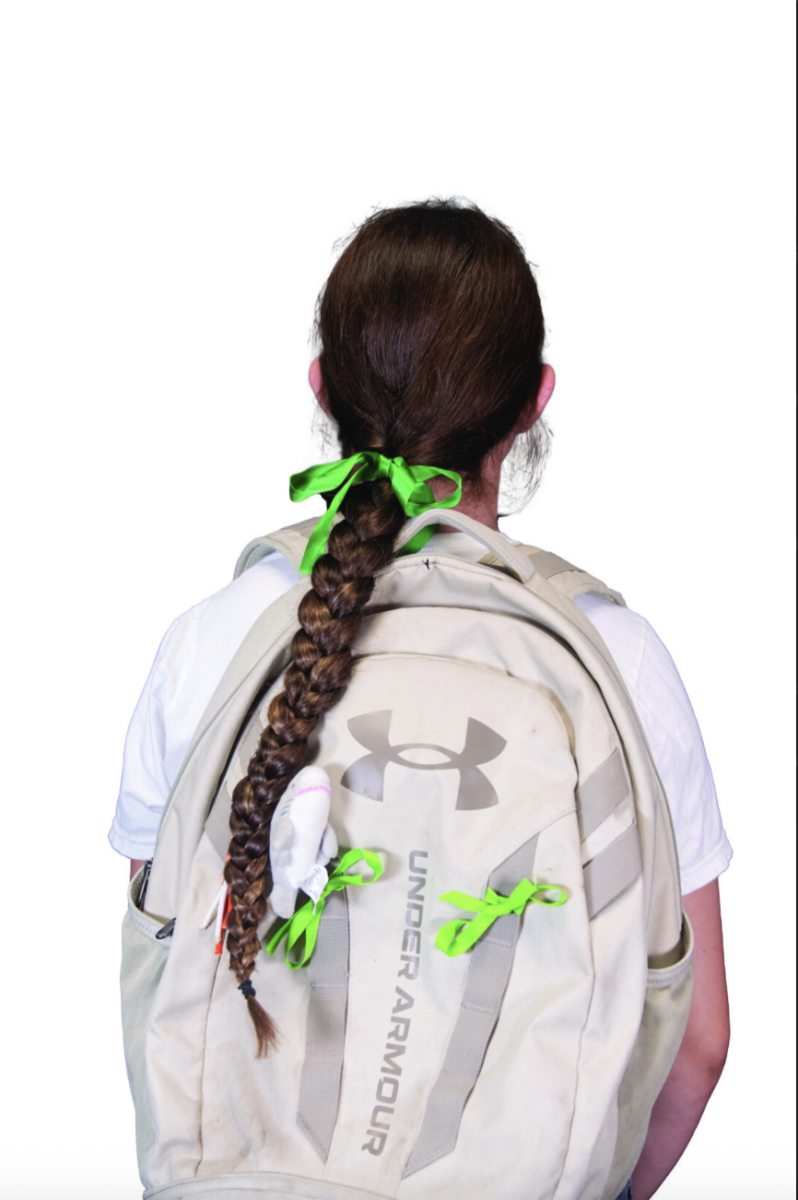December, 2023.
Junior Lily Peters was reaching a tipping point. There was too much at stake.
She had to be at school on time, and from there spend every moment studying, memorizing and reviewing the course materials. She had to get all A’s. Finals had to go smoothly. There was already an impossible amount of pressure placed on her shoulders.
“I was emotionally and physically just so tired,” Peters said. “So no energy, no motivation. In my house there’s always been an expectation to do your best, and that means getting an A. As soon as you don’t reach the norm that you expect or that you think others expect you go, ‘What’s wrong with me? ‘I don’t understand why I’m failing.’”
Her older sister Emma, was smart, super smart. She had perfect grades in high school, always took excessive notes and is currently majoring in microbiology at K-State University. Emma was never on the verge of falling asleep in class, unlike Peters. Never on the brink of exhaustion. Never sobbing in between study breaks. She never had thoughts about ending her own life.
Did she?
Peters felt alone, suffocating beneath the weight of Canvas assignments, alarms, Quizlet study sets and work schedules. She began to question her existence entirely, incessantly.
Am I worth it?
I am not enough.
Who will miss me?
I can’t do this.
Why am I still here?
But Peters isn’t alone: the 2021 Youth Risk Behavior Survey conducted by the Center for Disease Control and Prevention found that 22% of high school students seriously considered attempting suicide, and 42% experienced persistent feelings of sadness or hopelessness.
For a while Peters tried to hide her issues and put up a front.
“She was so kind to everyone else that it was hard to notice,” junior Charlotte Millard said.
Peters would give compliments to strangers, make her friends feel heard and usually fake a smile, or at least try to.
“I knew that something was wrong,” Peters said.
She always had.
Christmas was around the corner — but Peters was too consumed by school to enjoy it. She got an A on her Spanish final, but that wasn’t enough. Her family was busy decorating the tree, baking Linzer and molasses crinkle cookies and watching “Polar Express.” The house was warm, and smelled like chocolate drizzle.
She didn’t notice.
“I’d rather be upstairs studying,” Peters told them.
A couple nights before winter break ended, Peters had an anxiety attack in her downstairs bathroom. She rested her head on the soothing rug and cried softly for hours, feeling stuck, nowhere near ready to face the school hallways once again.
Finally, she sat back up and looked in the mirror, afraid of who stared back, a skinny girl with puffy eyes and messy hair.
Why couldn’t she be happy?
For months her friend, junior Connie Freedman, was packing extra cheese, nuts and fruit leather strips in her lunch box. She was worried. Peters had lost weight, and was always “forgetting” to eat something. Often, she made remarks about “being too heavy.” But Freedman never saw that.
“I wanted to talk to her, but didn’t know how because she seemed so closed off,” Freedman said. “I would be like ‘Hey, are you okay?’ But I obviously knew that she wasn’t okay. So I started using the words ‘Are you surviving?’”
Peters looked in the mirror, she didn’t want to live this way.
“I need help.” That was the first time those words were said out loud.
Peters went upstairs. Hannah, her little sister, was at a sleepover, so the house was quiet. She told her parents what happened, that she had thoughts about killing herself.
“I think they both cried,” Peters said. “I made my parents cry. But they immediately set up a couple appointments with doctors, saying ‘We want to help you as fast as we can.’”
Since Emma was back at college, Peters and Hannah no longer had to share a room or bunk bed. Peters took some time off of work and got straight to deep cleaning. Any old papers, notebooks, work sheets, all trash. Anything she didn’t absolutely need or want: junk. She vacuumed under the bed and threw away old journals which were “basically full of hate messages to myself.”
And she decided to burn everything that reeked of honors chemistry.
It was healing in a way, no longer clinging to those painful memories, full of frustration and disappointment.
Now, her room is pretty much empty, except for a few family photos, books and childhood stuffed animals.
Moving on wasn’t easy. These were pieces of herself that she was discarding. There was a point where Peters hated the way she spoke, looked, laughed and walked. Everything.
“It was hard to just sit there and be a person,” Peters said.
But she always wanted to get better. She wanted someone to notice.
Gradually, the self deprecating humor came to a stop, and negative comments were less frequent. Peters knew that she deserved to be happy, and nothing was wrong with her. She didn’t have to cope alone on the floor of her downstairs bathroom. Looking in the mirror is easier.
Her value does not come down to a grade point average.
“Take a leap of faith,” Peters said. “There is always at least one person out there who cares about you. They will help if you just ask for it.”
Now, Peters sees a therapist once a month. It used to be every two weeks.
She’s taking medication.
She writes things down in a planner and journals.
She takes the dog for walks and tries to meditate twice a day, preferably in a spot that’s sunny. She likes to light candles and leave her bedroom window open.
She has a boyfriend, who helps Peters to focus on herself.
She no longer wears baggy clothes and strictly low ponytails. Her smile is genuine.
“I’m not perfect. But I’m doing my best, and that’s enough.”


